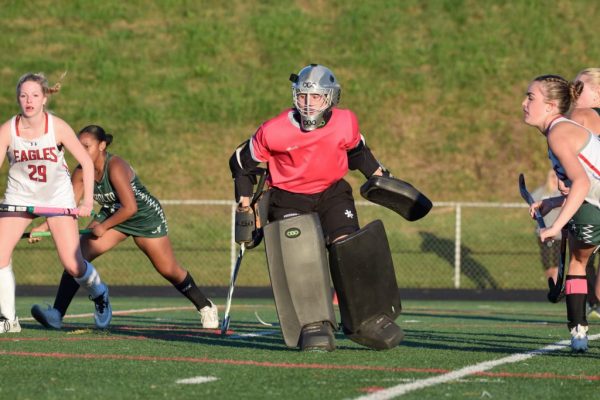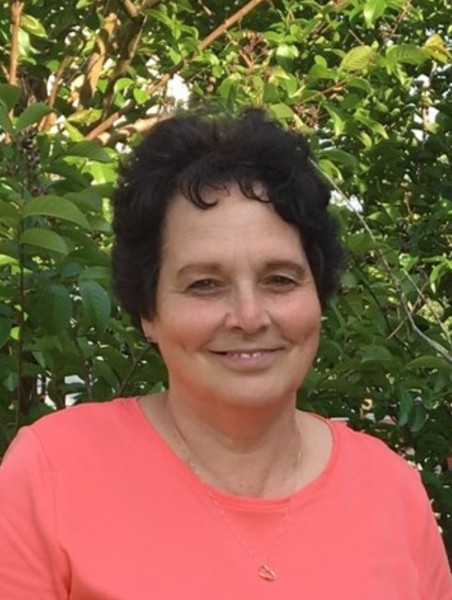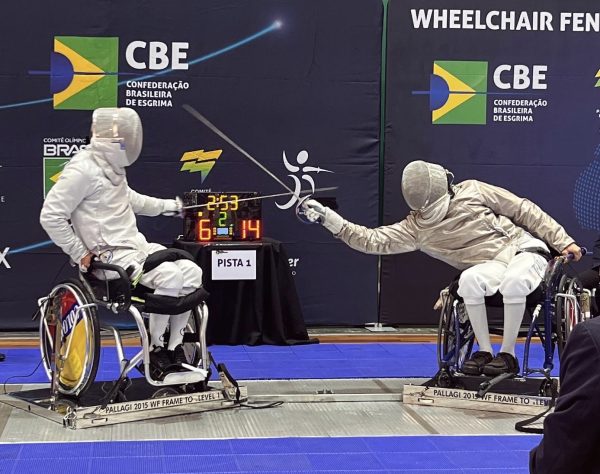The Variation in School Work Between Different Howard County High Schools
In school environments such as the Howard County Public School System, the majority of students are in at least one GT/AP or honors class, meaning many know that lots of work is involved. This year, especially, has been a difficult adjustment period following a year of online school.
Most students have only experienced a high school workload from one Howard County high school, but unfortunately there aren’t many differences between each. Students from five different HCPSS schools weighed in on their workload: seniors from Centennial and Mt. Hebron, juniors from Centennial and River Hill, sophomores from Centennial and Wilde Lake, and finally freshmen from Centennial and Marriotts Ridge.
Homework assignments are similar between each school, totalling an average of three classes per student that assign daily homework and each student averaging about two hours of after-school work per day.
Assessments are a different story, however. Senior Grace Shanley from Mt. Hebron gets tested once a week in each class on average. Shanley is currently enrolled in two AP courses and one honors course. Along with her daily homework, studying for said tests adds at least an hour onto her workday. Senior Rena Middleton from Centennial isn’t necessarily tested once a week, but for each of her one GT and three AP classes, she gets high-level assignments that have the same point value as quizzes.
There’s a general consensus that schoolwork either interferes with outside plans or sleep schedules, or sometimes even both. Junior Allie Billips from River Hill says that her homework usually delays her preferred sleep time by two to three hours due to her multiple sports and extracurriculars, meaning she goes to bed around 12:00-1:00 a.m. She’s enrolled in five AP classes, each of which assign daily homework. Fatima Masood, a junior at Centennial, says she usually sleeps around 10:30-11:00 p.m. and three out of her six classes assign nightly homework.
Sophomore Allie Liu from Centennial can agree with Billups, as her homework has recently caused her to get less and less sleep. Liu is enrolled in four AP classes and three GTs, with four of her classes assigning homework every day, pushing back her time to sleep by two or three hours. She goes to bed around 12:00 a.m. at earliest. Wilde Lake sophomore Meghan Idarola has a similar workload, with five GT courses, one AP, and one honors. She has at least two tests a week and usually goes to bed around 10:30 p.m.
Freshman Harrison Miller from Marriotts Ridge is in three GT classes and two honors, and he says that he has pretty good time management so far this year, but his workload “has a very high chance of [impacting his life] because [he’] doing 3 sports in the spring.” Haylee Simmons, a Centennial freshman, says that even while she isn’t in any GT or AP classes, her schoolwork still impacts her sleep and plans because of the time commitment in addition to her extracurriculars. She can’t go to bed until around 11:00 p.m. most nights.
Not only do most students’ school workloads impact their sleep schedules, they have also negatively impacted students’ mental health. “Sometimes too much gets assigned on one day and even just the anxiety of turning it all in the next day keeps me from sleeping,” said Idarola. Many teens have voiced their opinions on what changes could be made so that school doesn’t impact their free time or mental health as much. Most suggestions include the banning of assigned homework, but others include more free time during the school day. Miller promotes a longer lunch period, and Idarola speaks for longer in-class time for assignments.
Some of the struggles relating to homework can be rooted back to styles of teaching. Shanley stated, “It’s definitely an issue with teachers going over material too fast now. I don’t know if it was like last year with virtual with covid and all that they didn’t really have time to go through it all in depth, so I don’t know if they’re still used to that.” She continued, “I feel like they’re kind of rushing through the material and tests. I think the amount of work I’m getting at least is good, but probably just teaching more thoroughly.”
Masood echoed this reasoning; “A lot of time teachers are so focused on getting through curriculum and units that they don’t really teach you; they just leave it up to you to teach yourself. Like before tests, they don’t really spend time on it, especially in subjects like math or physics where it takes a lot of time.”
Many students feel that the amount of both classwork and homework is all in vain at the end of the day, as they do not feel prepared for the working world with just the information taught in their required classes. Billups elaborated on this; “I don’t feel prepared for the future with what I learned so far in school, however I do feel prepared for the future because being in high school and being given so much work to do, I have learned time management and how to efficiently finish what needs to be done. At this point I am benefiting more from the stress of high school rather than the courses I am supposed to be learning.”
Liu says she’s struggled with things such as choosing careers she would like to pursue. “If school could help find out what you wanna be I feel like it would be easier to be more prepared for the future, but since I don’t know what I want to be and school’s not helping with that, I would say mostly no, I don’t feel prepared.” She mentioned that life skills such as filing taxes and driving aren’t taught at school.
Masood concurred with the ideas; “I feel like as a junior I’m not learning enough about college or preparations for college. They always ask ‘do you have a school in mind? Do you have a major in mind?’ but they never tell you how to prepare for transitioning to college.”
There is a large array of demographics between HCPSS students, with different extracurriculars, levels of classes, work schedules, and time management skills. In any case, there is still a large amount of work that’s required to be done for students, lots of which does not seem beneficial. There is a lot that is pleasant about the high school experience, but there is a lot that could be improved upon for some students.
js
For more breaking news and photos, follow The Wingspan on Instagram and Twitter @CHSWingspan.




